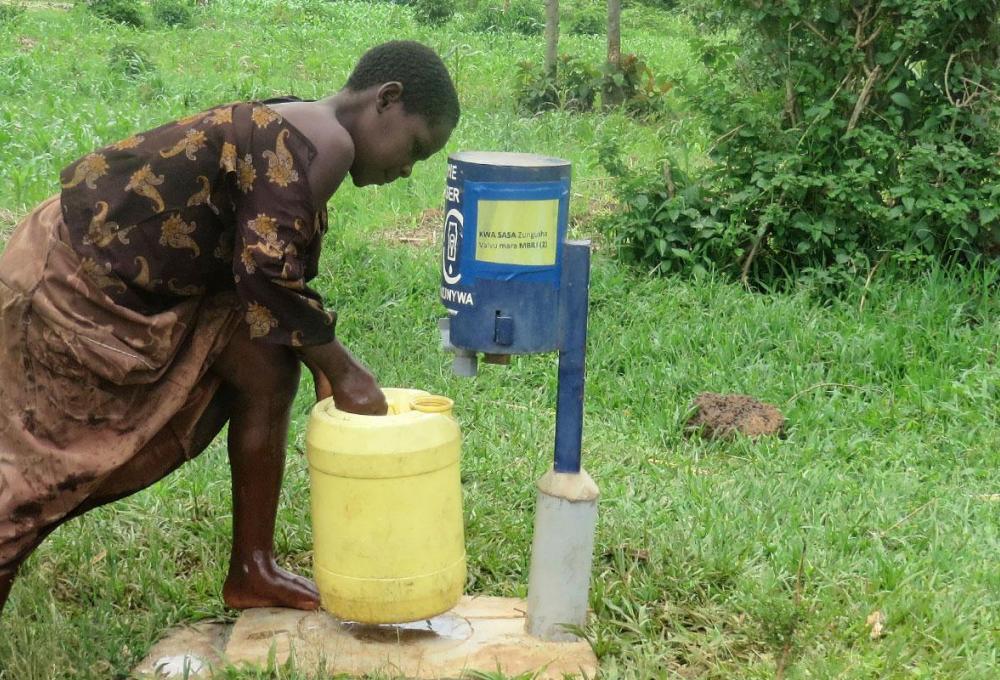Definition
An individual's assessment of their ability to deal with obstacles and setbacks they may encounter when facing unforeseen or challenging situations. Measures of self-efficacy can be generalized (such as Schwarzer and Jerusalem, 1995), or relate to specific situations.
Bandura (1977) proposed self-efficacy as the central mechanism through which some treatments caused psychological and behavioural changes. Since his seminal work, self-efficacy has been shown to be a key determinant of a very wide range of outcomes, from career trajectories (Bandura et al., 2001 ) to adherence to drugs for HIV (Langebeek et al., 2014). It is also related to other non-cognitive skills (for example, the Big Five: De Feyter et al., 2012) and various psychological outcomes (for example, depression: Bandura et al., 1999).
Measurement Tool
The 10-item generalised self-efficacy scale developed by Schwarzer and Jerusalem (1995) is very popular, due to its availability in 33 languages and good psychometric performance across multiple contexts (Scholz et al., 2002; Luszczynska et al., 2005). The scale offers some flexibility with respect to length. Shorter scales have also been validated for use, such as the 6 item scale by Romppel et al (2013).
10-item http://userpage.fu-berlin.de/~health/engscal.htm
6-item https://www.ncbi.nlm.nih.gov/pmc/articles/PMC3578200/
References
Bandura, A. (1977). Self-Efficacy: Toward a Unifying Theory of Behavioral Change. Psychological Review, 84(2), 191.
Bandura, A., Pastorelli, C., Barbaranelli, C., & Caprara, G. V. (1999). Self-efficacy pathways to childhood depression. Journal of Personality and Social Psychology, 76(2), 258–269. https://doi.org/10.1037/0022-3514.76.2.258
Bandura, A., Barbaranelli, C., Caprara, G. V., & Pastorelli, C. (2001). Self‐efficacy beliefs as shapers of children's aspirations and career trajectories. Child development, 72(1), 187-206.
De Feyter, T., Caers, R., Vigna, C. and Berings, D. (2012). Unraveling the impact of the Big Five personality traits on academic performance: The moderating and mediating effects of self-efficacy and academic motivation. Learning and Individual Differences, 22(4), pp.439-448.
Langebeek, N., Gisolf, E.H., Reiss, P., Vervoort, S.C., Hafsteinsdóttir, T.B., Richter, C., Sprangers, M.A. and Nieuwkerk, P.T. (2014). Predictors and correlates of adherence to combination antiretroviral therapy (ART) for chronic HIV infection: a meta-analysis. BMC Medicine, 12(1), p.142.
Luszczynska, A., Scholz, U., & Schwarzer, R. (2005). The General Self-Efficacy Scale: Multicultural Validation Studies. The Journal of Psychology, 139(5), 439-457.
Romppel, M., Herrmann-Lingen, C., Wachter, R., Edelmann, F., Düngen, H. D., Pieske, B., & Grande, G. (2013). A short form of the General Self-Efficacy Scale (GSE-6): Development, psychometric properties and validity in an intercultural non-clinical sample and a sample of patients at risk for heart failure. Psycho-social medicine, 10, Doc01
Scholz, U., Gutiérrez-Doña, B., Sud, S., & Schwarzer, R. (2002). Is General Self-Efficacy a Universal Construct? Psychometric Findings from 25 Countries. European Journal of Psychological Assessment, 18(3), 242-251.
Schwarzer, R., & Jerusalem, M. (1995). Generalized Self-Efficacy Scale. In J. Weinman, S. Wright, & M. Johnston (eds.), Measures in health psychology: A user’s portfolio. Causal and control beliefs (pp. 35-37). Windsor, UK: NFER-NELSON.


